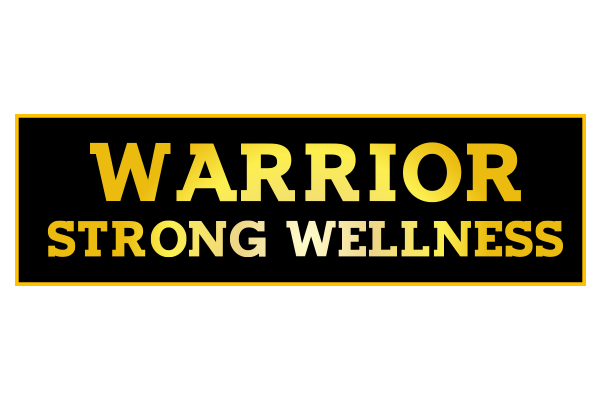What is irritable bowel syndrome, and what can help you overcome it? We’re going to take a closer look at the symptoms of irritable bowel syndrome (often shortened to IBS), and then we will consider how bone broth can provide you with the nutrients you need to fight back against this chronic health condition.
The Symptoms of IBS (Irritable Bowel Syndrome)
IBS is a common digestive disorder. What are the symptoms of irritable bowel syndrome? Here are some of the most common ones:
- Abdominal pain and cramping
- Gas and bloating
- Diarrhea (sometimes called IBS-D)
- Constipation (sometimes called IBS-C)
- A mix of both diarrhea and constipation
- Mucus in stool or changes in stool color
- Nausea
- Acid reflux
There are also a number of conditions that are associated with irritable bowel syndrome because they frequently occur together. These conditions include:
- Depression
- Anxiety
- Fatigue
- Insomnia
- Headaches
- Muscle aches
- Frequent urination
What Causes IBS?
There are a number of factors that contribute to the onset of irritable bowel syndrome. Let’s take a look at some of the more common triggers and underlying factors.
- Poor diet – The typical American diet consists of lots of highly processed foods and very little fiber. This is basically the recipe for IBS. You are going to want to eat more fruits, vegetables, raw foods, and foods that are high in fiber.
- Food allergies – We can also group sensitivities and intolerances in this category. You may need to try an exclusion diet to find out if you have any of the most common food sensitivities. Gluten, in particular, often goes hand in hand with IBS.
- Stress – Stress can have a big impact on the digestive tract. Whether you are living with IBS-C or IBS-D, stress is probably one of your primary triggers. You have to find positive ways to cope with stress because things like alcohol, drugs, and smoking can all make IBS worse.
- Inflammation – Whether an autoimmune condition, food allergies, dietary choices, or something else is causing swelling, inflammation can eventually damage the intestines and lead to irritable bowel syndrome.
- Leaky gut – This is a condition where the gut doesn’t allow the correct nutrients to pass through the lining into the bloodstream. As a result, you may not get all of the nutritional value of what you are eating. However, the barrier may also be allowing toxins it would normally block to get into the bloodstream. As a result, the symptoms of leaky gut can be many and varied.
- Medications – Some medications can cause diarrhea or constipation as a side effect. Consult your physician before changing medications or their dosage.
- Sedentary lifestyle – Staying active plays a keep role in keeping the digestive tract working properly. Exercise can also reduce stress, so it can help with one of the primary triggers of an IBS flare-up.
What Are Traditional IBS Treatments?
If you go to the doctor and get an official IBS diagnosis, you may also get some recommendations for care. Some of these recommendations will involve dietary changes. Others could involve medication. For example, for IBS-C, a doctor may recommend a stool softener or a laxative. Fiber supplements may also be recommended. For someone with IBS-D, the doctor may recommend an anti-diarrhea medication or an antispasmodic for the gut. If you have an infection in your intestines, you will likely receive an antibiotic. You may also receive recommendations for supplements to replace deficient nutrients.
The main problem with all of these treatments is that very few get to the heart of what is wrong. Most are just treating symptoms, either diarrhea or constipation. You can supplement with all the nutrients you want, but if the problem is with your body’s ability to absorb them, your supplements just become the recipe for more expensive excretion. As a result, you may also want to try some natural ways to heal your gut.
Healing the Gut Naturally
What are some of the things you can do to heal your gut and get some relief from IBS? Here are a few tips:
- Eat more vegetables – Veggies are easy for your body to digest, especially if you steam them. Avoid starchy veggies. Your gut still has to work pretty hard for things like potatoes. Juicing is also good, even if you have IBS-D. It may go in as a liquid, but your body will absorb the electrolytes, especially if your IBS-D is dehydrating you.
- Healthy fats – Fats are a little tougher to digest, but your brain needs them (along with other parts of your body). Healthy fats include fish, coconut oil, avocados, and egg yolks.
- Lean protein – Many people living with IBS become protein deficient, so enjoy some lean proteins.
- Bone broth – Bone broth can help heal leaky gut and get you back to a better place where your body can start healing on its own. Of course, not everyone has hours to slow cook bones until they make a healthy broth filled with collagen. That’s why Warrior Strong Wellness offers a collagen-rich bone broth supplement.
Our Collagen Peptides & Bone Broth superfood provides the amino acids your body needs to repair the gut and improve GI health. This can be just what a person living with IBS requires in order to get on the road to recovery. It’s easy to mix this collagen protein derived from bovine bones into a glass of water, a smoothie, or any other beverage. With our money-back guarantee, you’ve got nothing to lose!



